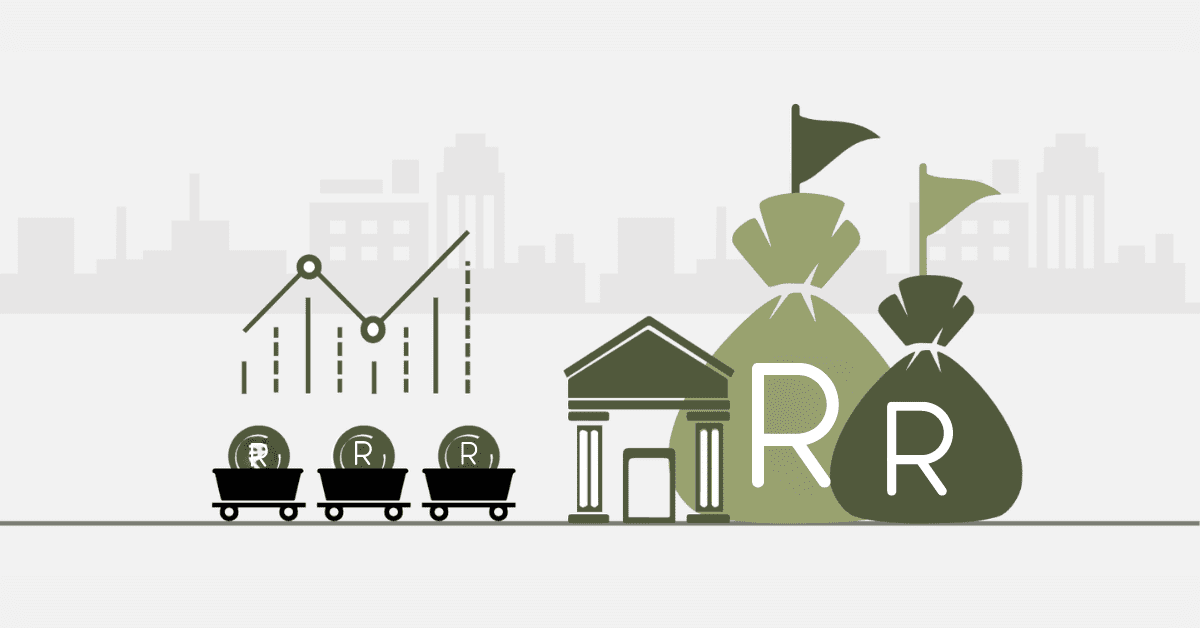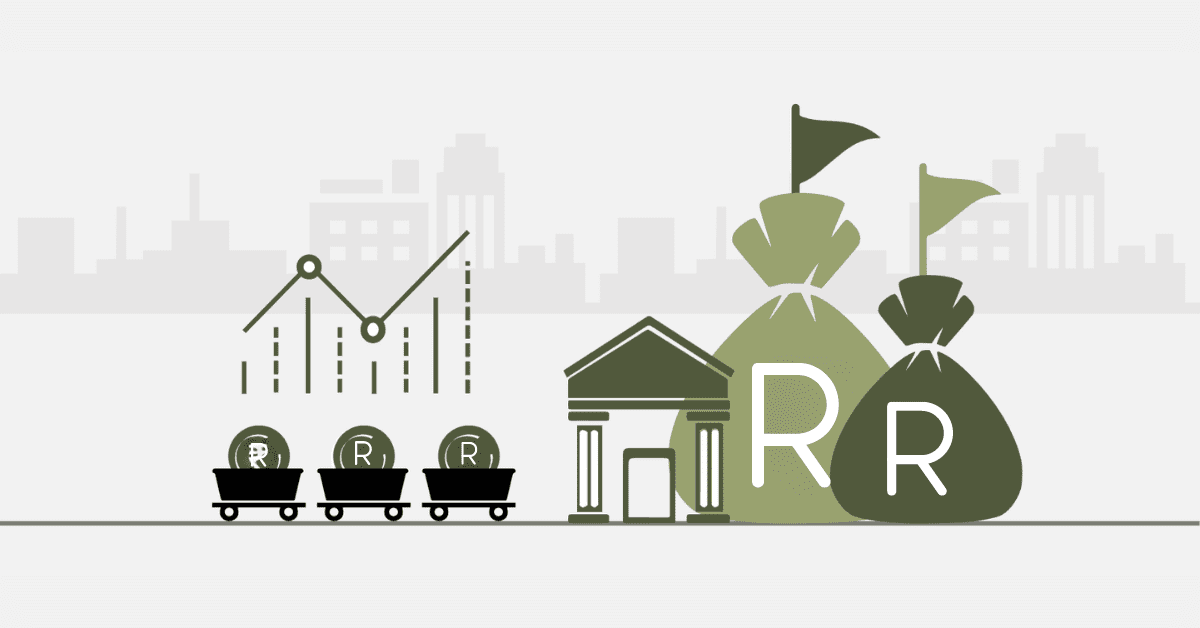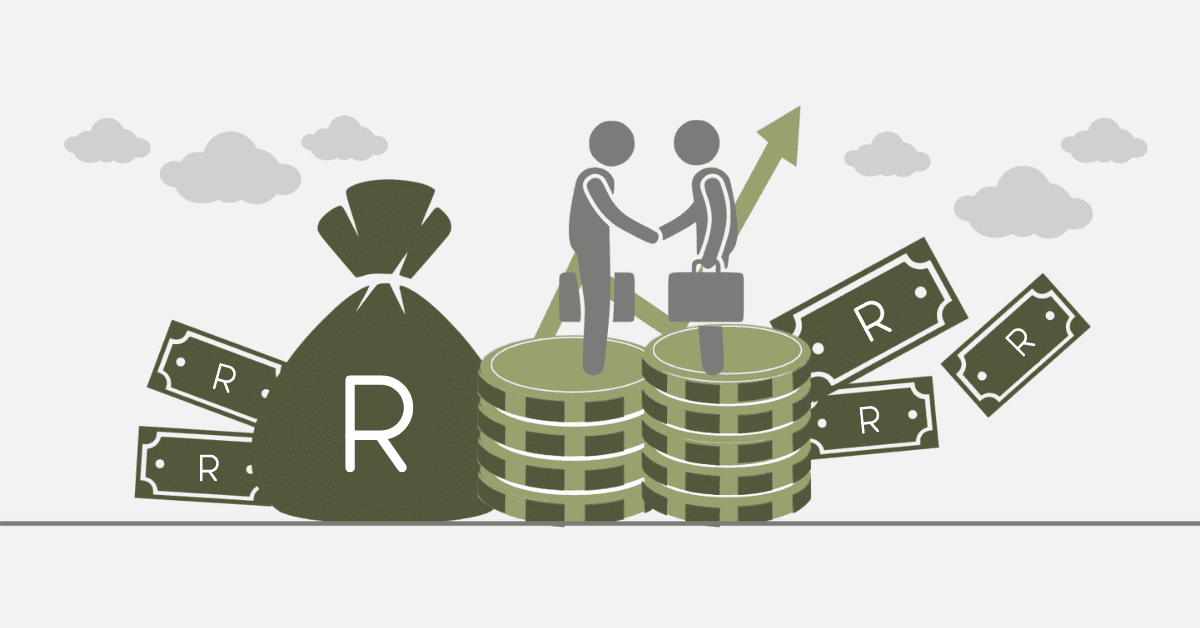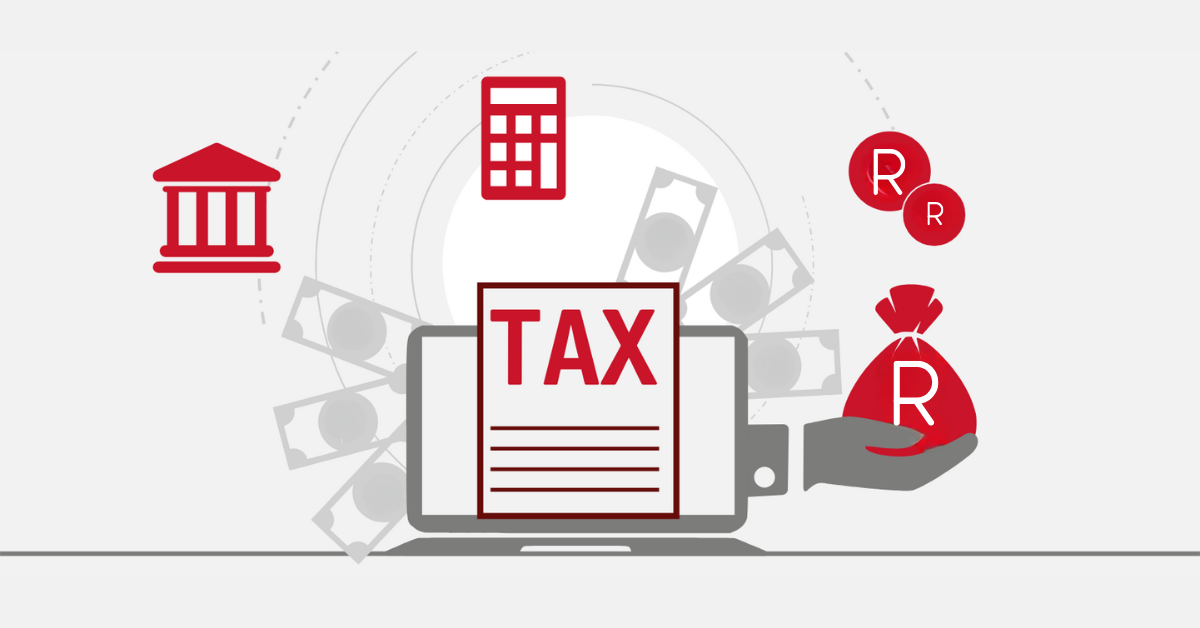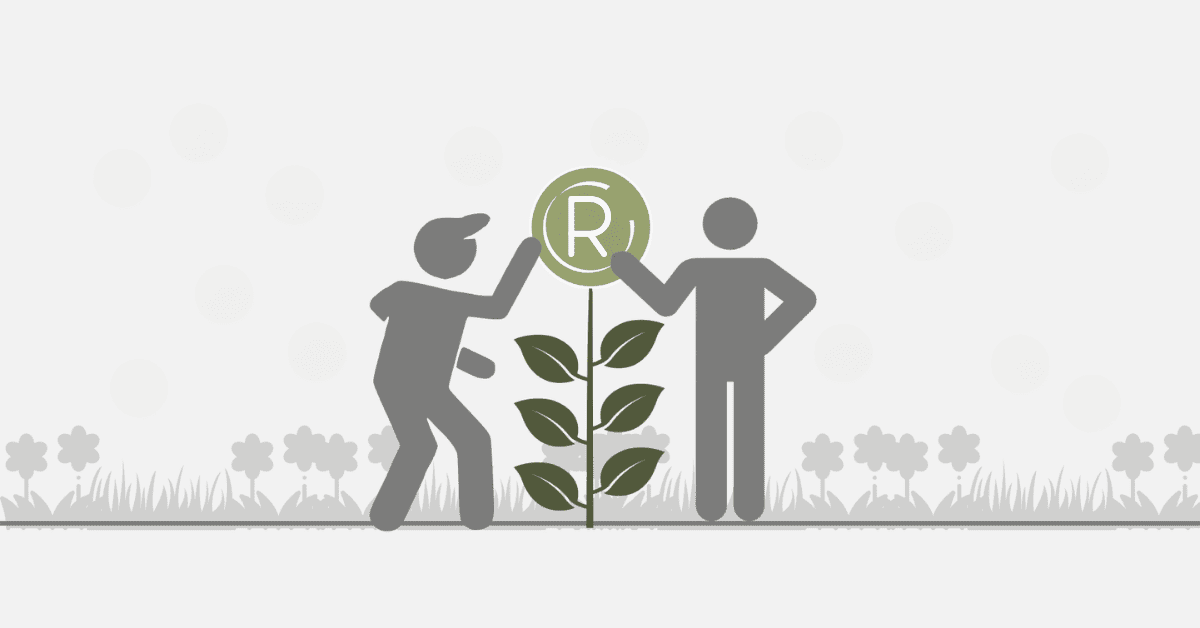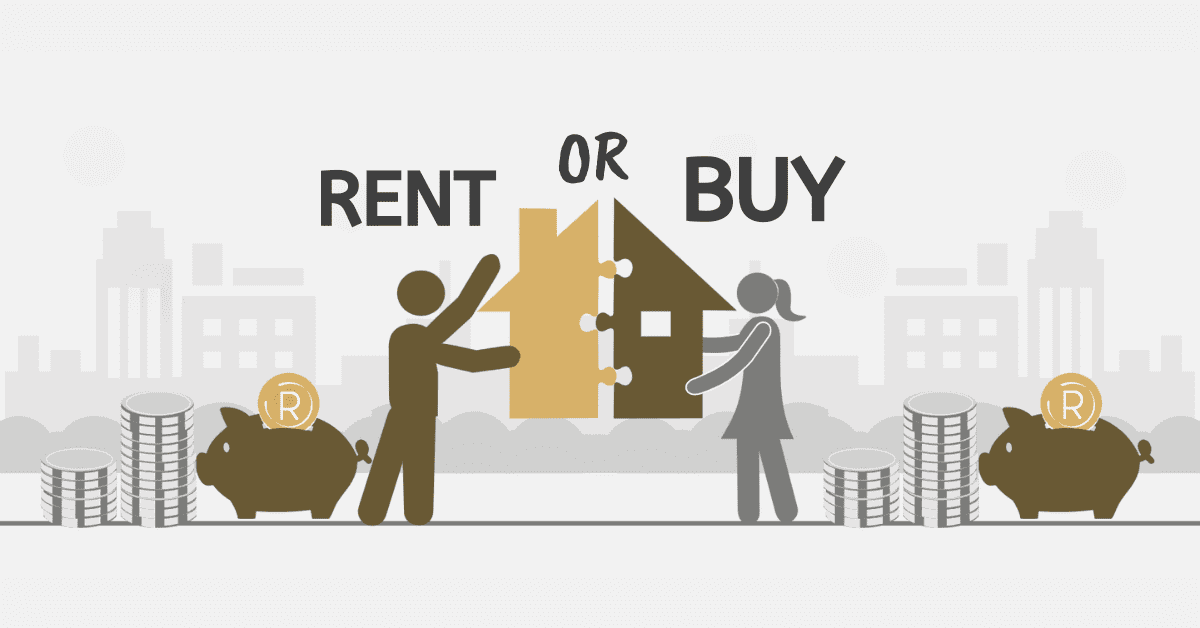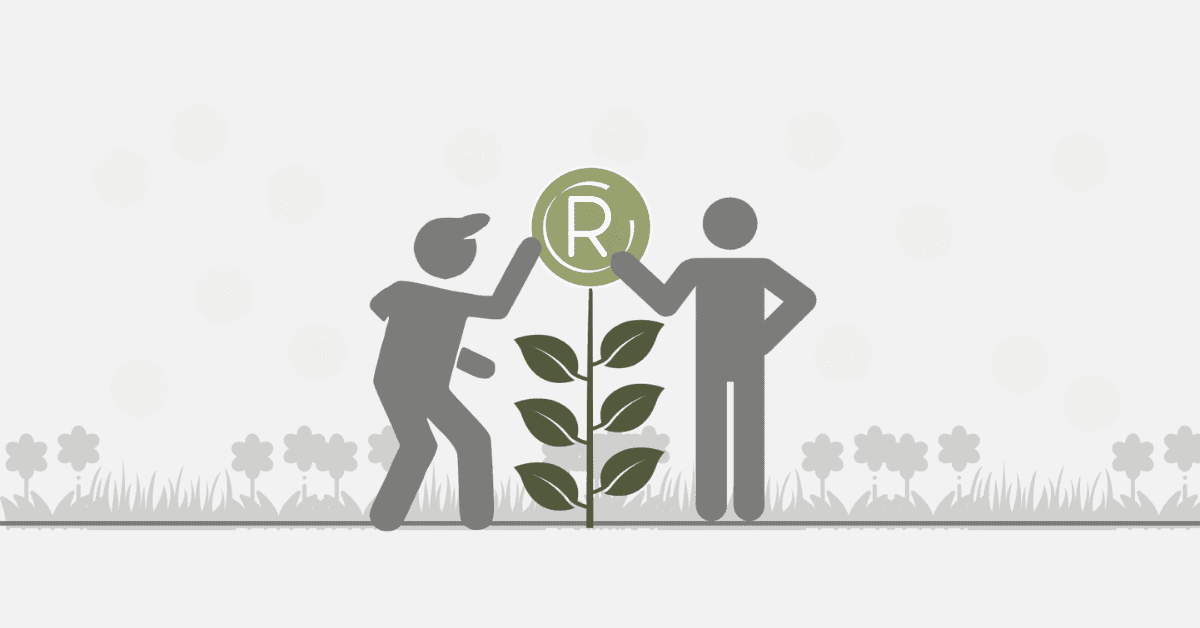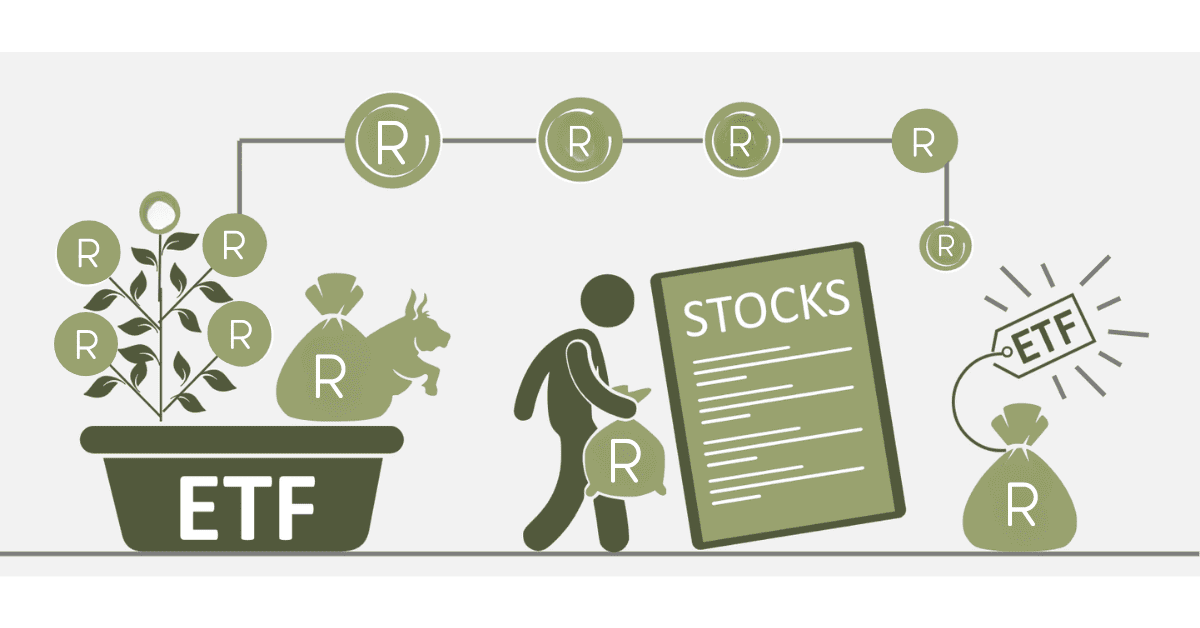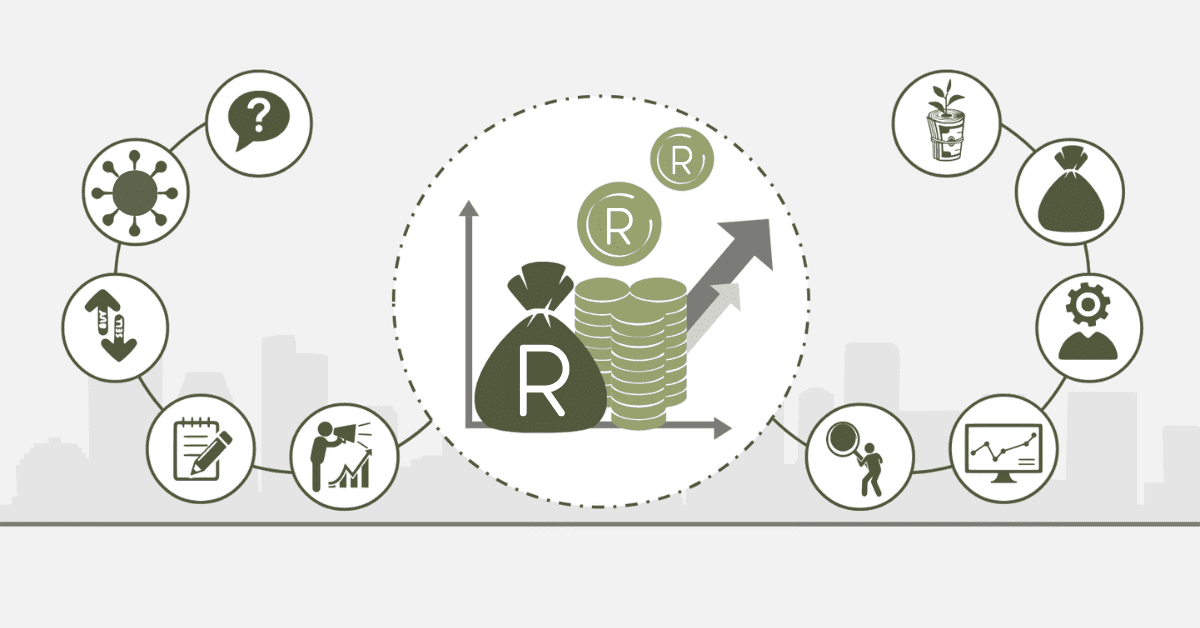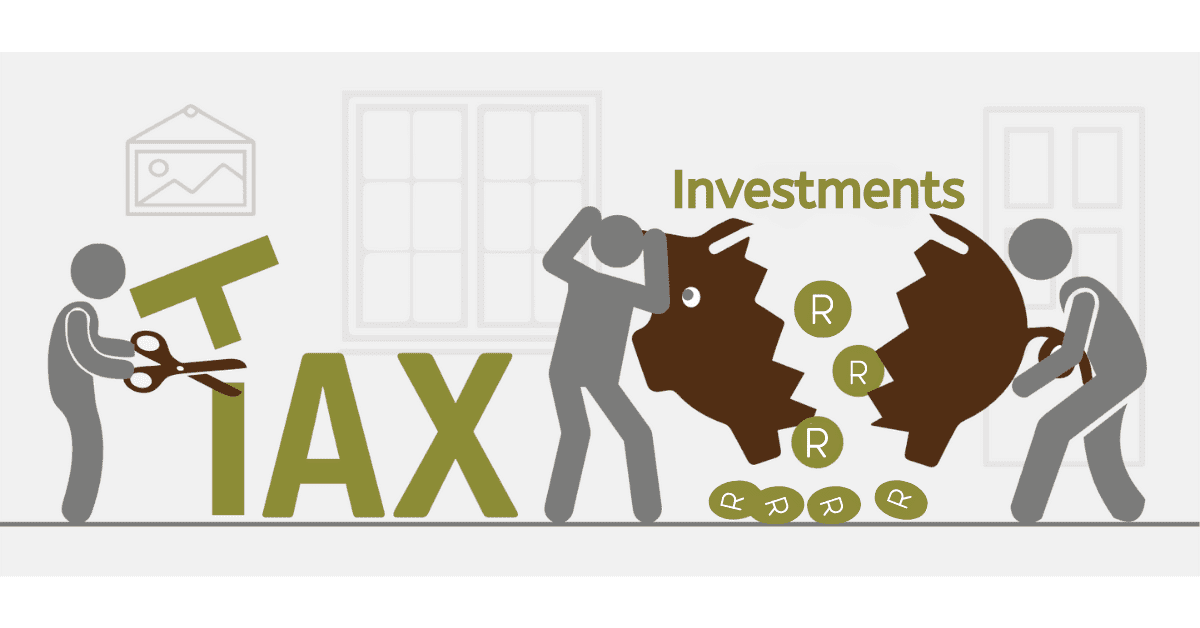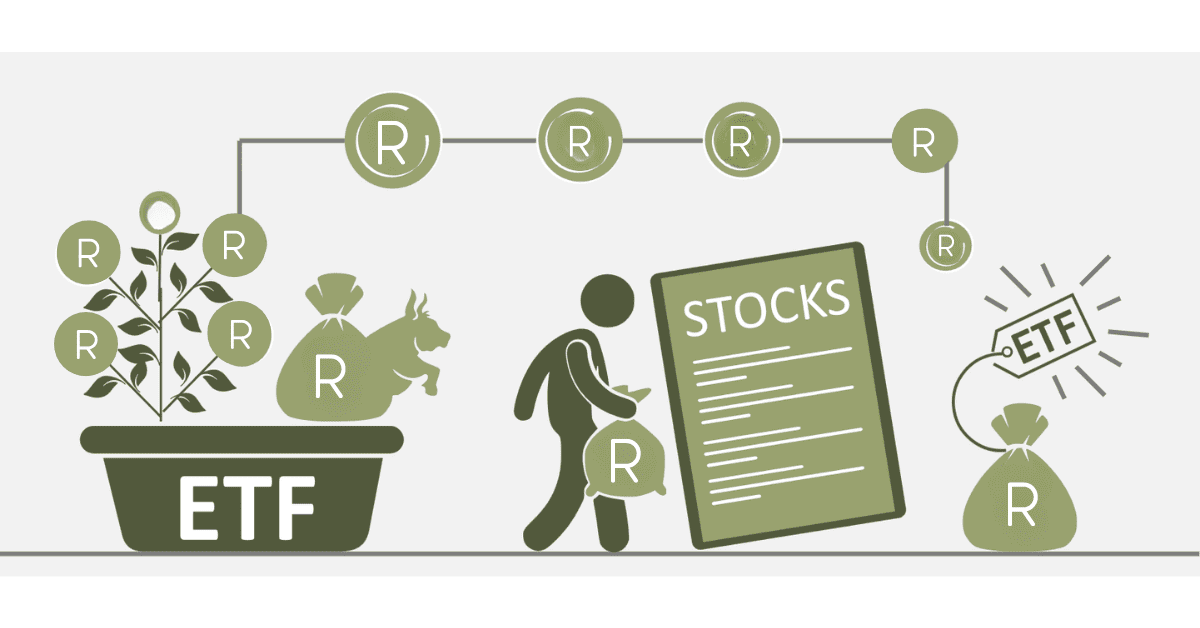Investing R100,000 in South Africa offers numerous opportunities to accumulate wealth, and the right instrument depends on the consideration. The investor’s appetite, timeframe, and objectives dictate the most optimal selection. The investments in South Africa range from standard savings and fixed deposits to high-yielding investments in equities, real estate, and exchange-traded funds (ETFs). While some are satisfied to deposit money in low-risk, interest-bearing accounts, others are ready to undertake riskier investments in exchange.
What is the Best Thing to Invest 100K In?
Choosing the most appropriate R100,000 investment depends on the investor’s objectives and appetite. Fixed deposits, money market deposits, and government bonds are the most suitable investments for conservative investors who seek security and predictable income. Fixed deposits from banks like FNB, Standard Bank, and Capitec are suitable investments whose competitive interest rate comes at zero risk, making them a good fit for security-seekers less interested in growth. Government bonds, particularly the RSA Retail Savings Bonds, are also a good, low-risk investment whose decent return rate, in the long run, attracts long-term investors.
For investors looking to earn greater returns, the share market continues to be an attractive proposition. Buying JSE-listed company stakes gives the capitalist the advantage of capital appreciation and dividend income. The Satrix 40 exchange-traded fund, tracking the FTSE/JSE Top 40 Index, is a favourite among capitalists who wish to gain diversified exposure to leading-performing businesses. Real estate investments, particularly in rent-yielding buildings, offer the advantage of regular income and long-term appreciation in value.
Entrepreneurs or others willing to take more significant risks may choose to invest in a franchise or a small business. The market for entrepreneurs in South Africa is booming, and R100,000 could be invested in a small business or a company already established. Lastly, investments in other asset classes, such as gold and cryptocurrency, are desired by others who look to unconventional investments at the expense of greater market volatility. The most suitable investment, ultimately, depends on the investor’s objectives, horizon, and risk appetite.
Which Investment Returns the Highest in South Africa?
Investments that return the most in South Africa are also the most at risk because the greater the risk, the greater the possible gain. The most historically good-performing investments are the share market and the most commonly the established JSE-listed equities and the primary index tracker funds. Investing in the most high-growing industries, including tech, mining, and financial services, could provide the most return in the long run.
Real estate provides a good money-making proposition, particularly in in-demand urban areas like Johannesburg, Cape Town, and Durban. Property in good places appreciates, and rentals offer a steady source of income. Private equity and venture investments, while requiring detailed research and experience, pay good returns if invested in good beginning or performing businesses.
For those willing to accept extreme volatility, investments in cryptocurrency
How Much Interest Will 100K Earn in a Year?
The amount received in interest from R100,000 in a year depends on the type of investment and the rate at which the interest is provided. Keeping the money in a standard savings account means the return is low, and most banks give between 3% and 6% interest in a year. R100,000, in this case, could earn between R3,000 and R6,000 in a year.
Fixed deposits typically offer a better rate, and some SA banks pay between 7% and 10% return yearly, depending on the duration invested. This means R100,000 could earn between R7,000 and R10,000 annually and are a good source of regular interest income.
Depending on the economic climate, investing in the RSA Retail Savings Bond could earn even greater profits because the interest rate varies. Higher profits, however, are possible through equities or exchange-traded funds, historically returning 8% to 15% yearly, albeit at greater risk.
Which SA Bank to Invest in
Selecting the most suitable option depends on the interest rate, venturing product, and customer care. The first and most desired institution to invest in is the First National Bank. The institution offers diverse investments, including fixed deposits, tax-free savings, and money market investments. The institution provides competitive interest and flexible investments to accommodate different needs.
Capitec Bank also figures among the major competitors, thanks to the high-yielding savings and fixed deposits. The Global One product by Capitec provides competitive interest at low fees, and the product enjoys excellent support from investors looking for steady income.
Nedbank and Standard Bank provide good investment opportunities, including structured deposits and wealth management solutions to high-net-worth clients. The banks secure the investments and return less than real estate, equities, and exchange-traded funds.
How Much Money Do You Need to Become Section of the Wealthiest 1% in SA?
Being part of this requires significant net worth, reflecting the economic divide in the nation. According to wealth surveys, individuals must have at least R3.8 million in net worth and above to be considered in the wealthiest 1%. The net worth comprises wealth, savings, investments, and other wealth.
High-performing investments in the equity, real estate, and private equity domains are required for those wanting to attain this wealth segment. Successful entrepreneurs, professionals who earn high salaries, and savvy investors typically accumulate wealth by employing savvy money choices and regular investing techniques. R100,000 provides a good starting point, but regular investments and the impact of the effect of compounding in the long term are required to attain the upper rungs in wealth in South Africa.
Final Thoughts
Investing R100,000 in South Africa demands proper planning and knowledge of available opportunities. Whether in the case of steady bank deposits, high-yielding stocks, real estate, or enterprise, the investor needs to match the selection to the goals and the appetite to take risks. The diversification principle helps reduce risks and achieve the optimum return in the long run.
![What are ETF [Exchange-Traded Funds]?](https://www.searche.co.za/wp-content/uploads/etf.webp)
